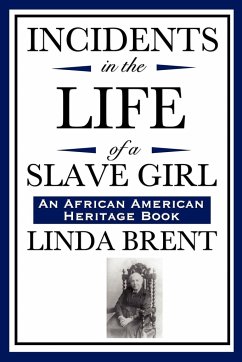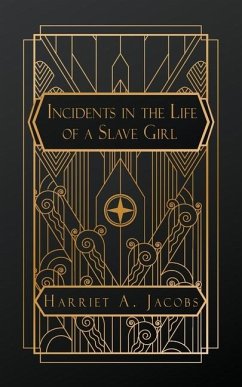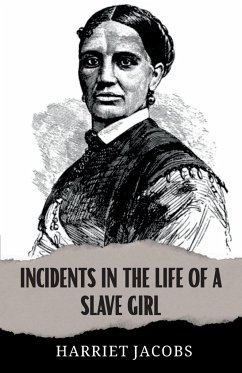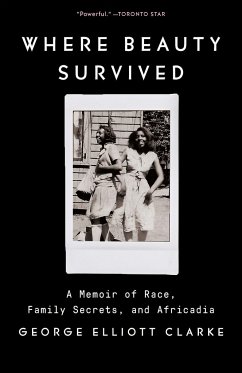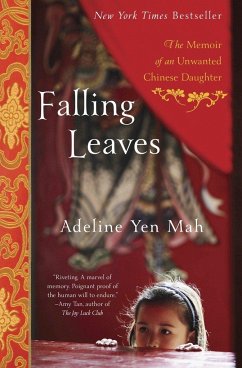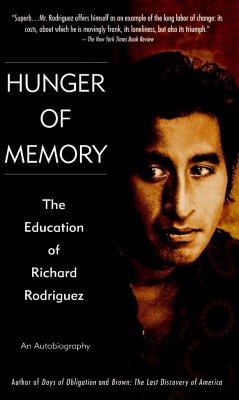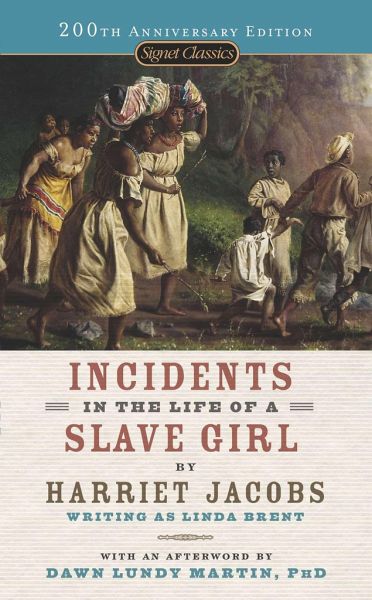
Incidents in the Life of a Slave Girl

PAYBACK Punkte
4 °P sammeln!
"One of the major autobiographies of the African-American tradition."-Henry Louis Gates, Jr. "It has been painful to me, in many ways, to recall the dreary years I passed in bondage. I would gladly forget them if I could. Yet the retrospection is not altogether without solace; for with these gloomy recollections come tender memories of my good old grandmother, like light fleecy clouds floating over a dark and troubled sea." One of the most memorable slave narratives, Harriet Jacobs's Incidents in the Life of a Slave Girl illustrates the overarching evil and pervasive depravity of the instituti...
"One of the major autobiographies of the African-American tradition."-Henry Louis Gates, Jr. "It has been painful to me, in many ways, to recall the dreary years I passed in bondage. I would gladly forget them if I could. Yet the retrospection is not altogether without solace; for with these gloomy recollections come tender memories of my good old grandmother, like light fleecy clouds floating over a dark and troubled sea." One of the most memorable slave narratives, Harriet Jacobs's Incidents in the Life of a Slave Girl illustrates the overarching evil and pervasive depravity of the institution of slavery. In great and painful detail, Jacobs describes her life as a Southern slave, the exploitation that haunted her daily life, her abuse by her master, the involvement she sought with another white man in order to escape her master, and her determination to win freedom for herself and her children. From her seven years of hiding in a garret that was three feet high, to her harrowing escape north to a reunion with her children and freedom, Jacobs's Incidents in the Life of a Slave Girl remains an outstanding example of one woman's extraordinary courage in the face of almost unbeatable odds, as well as one of the most significant testimonials in American history.






